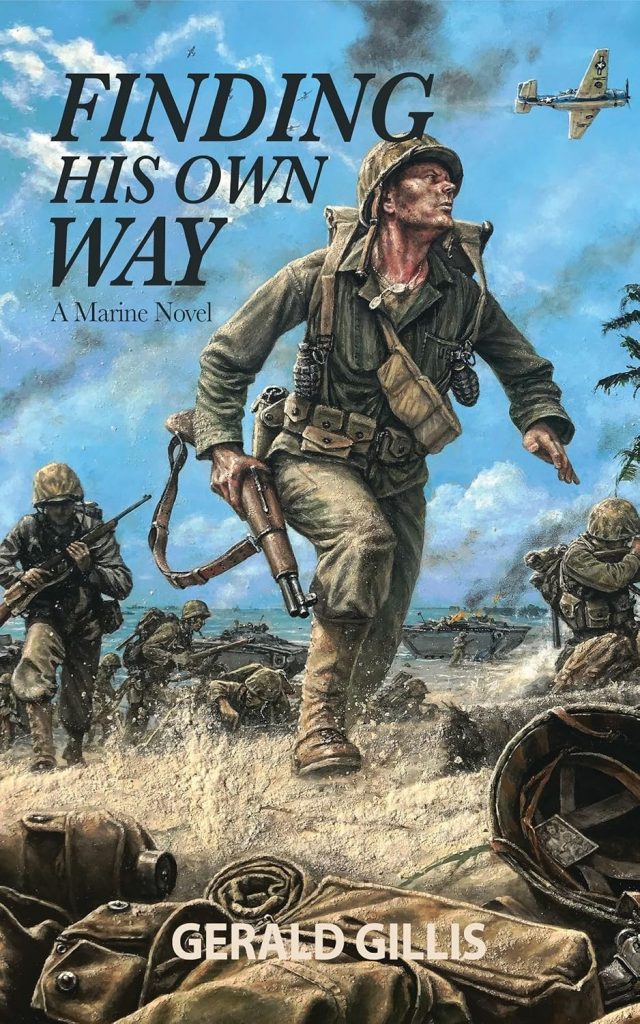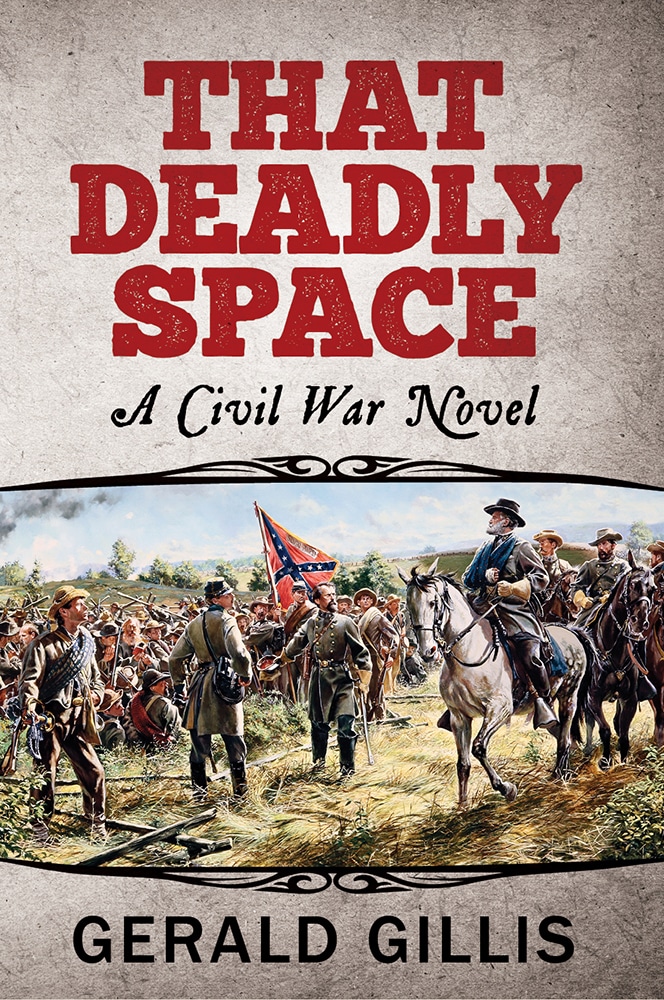General John Reynolds, one of the Union Army’s most respected commanders during the Civil War, might have played an even larger role in American history if not for his death during the opening hours of the Battle of Gettysburg in July 1863.
John Reynolds was a native of Lancaster, PA and an 1841 graduate of West Point. During the Mexican War, Reynolds became friends with Winfield Scott Hancock and Lewis Armistead, two career U.S. Army officers who would eventually oppose one another during Pickett’s Charge on July 3, 1863 at Gettysburg. Armistead would die leading a Confederate brigade opposed by the Union soldiers commanded by his friend Hancock. The fate of the three close friends was sealed during the three-day battle: Reynolds and Armistead would be killed in action, and Hancock would be seriously wounded.
Earlier in the war, an embarrassed Reynolds had been captured by Confederate forces and taken to Libby Prison, where he was quickly exchanged. He later served at the battles of Second Bull Run, Fredericksburg, and Chancellorsville. To the surprise of many senior Union officers, Abraham Lincoln selected George Meade to replace Joseph Hooker as commander of the Army of the Potomac on June 28, 1863. John Reynolds, thought by many at the time to be the finest commander in the U.S. Army, would have been the more logical (and popular) choice.
On July 1, 1863, Union cavalry commander General John Buford established defensive lines to the north and west of Gettysburg. Elements of Confederate General Robert E. Lee’s Army of Northern Virginia were concentrating at Gettysburg at a faster rate than those of the Union, and Buford’s modest forces quickly became outnumbered. The lead division of John Reynolds’ I Corps began arriving in time enough to reinforce Buford’s cavalrymen, to Buford’s immense relief. In ratifying Buford’s defensive plan and then deploying his I Corps units against the Confederates, Reynolds essentially committed the Army of the Potomac to what would become a massive pitched battle at Gettysburg. While personally directing the men of the Second Wisconsin, Reynolds called, “Forward, men! For God’s sake forward!” He was then shot in the back of the head and died immediately. He was the highest-ranking officer of either army to die on the field at Gettysburg.
Acclaimed author Jeff Shaara brings up an interesting supposition. Had John Reynolds lived and been given overall command of the Army of the Potomac, and had Reynolds pursued Lee after Gettysburg and destroyed his army before it could reach Virginia, what historical implications might have resulted? Lincoln may not have needed the services of Ulysses S. Grant after all. A victorious Union, under the able command of John Reynolds, might have altered the course of American history. Given America’s penchant for elevating its military heroes to high office, might Reynolds, and not Grant, then been elected president?



